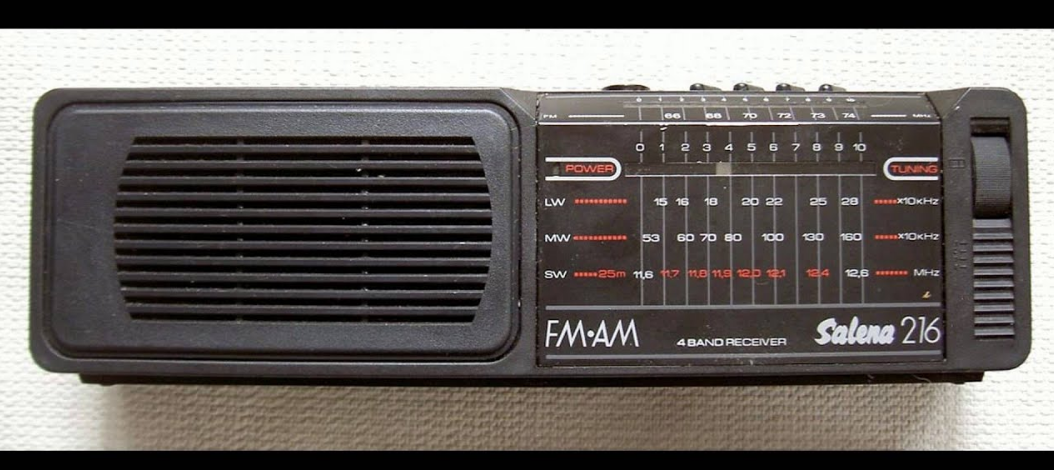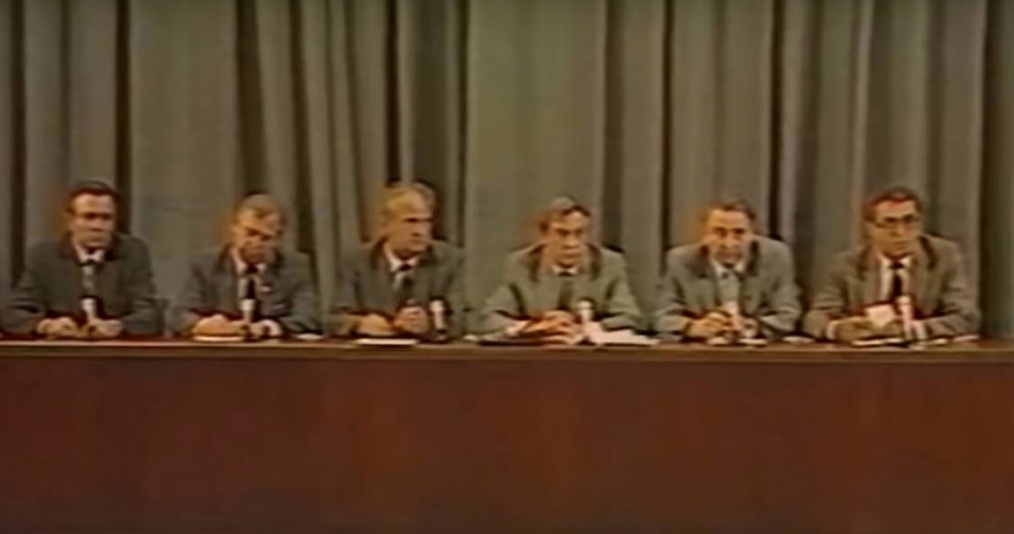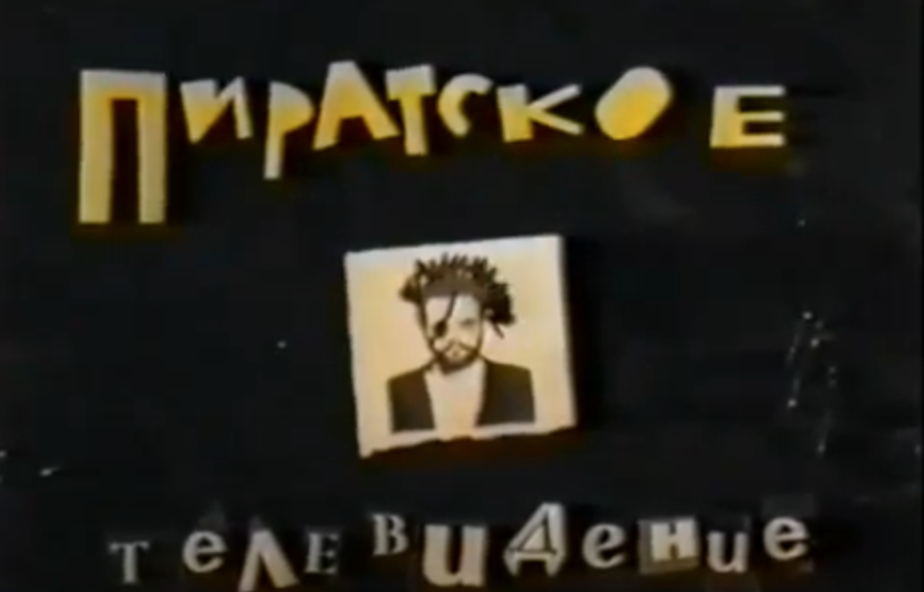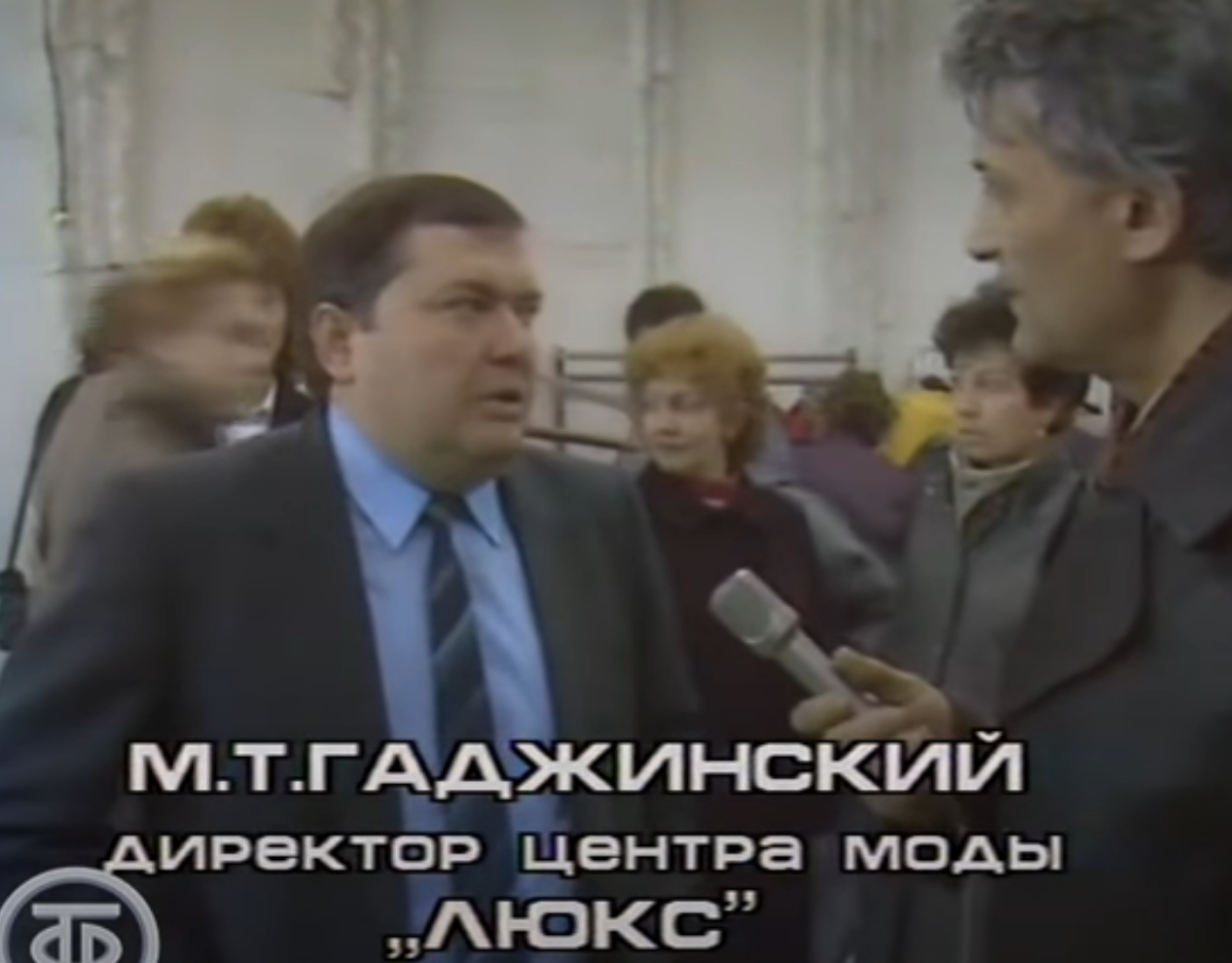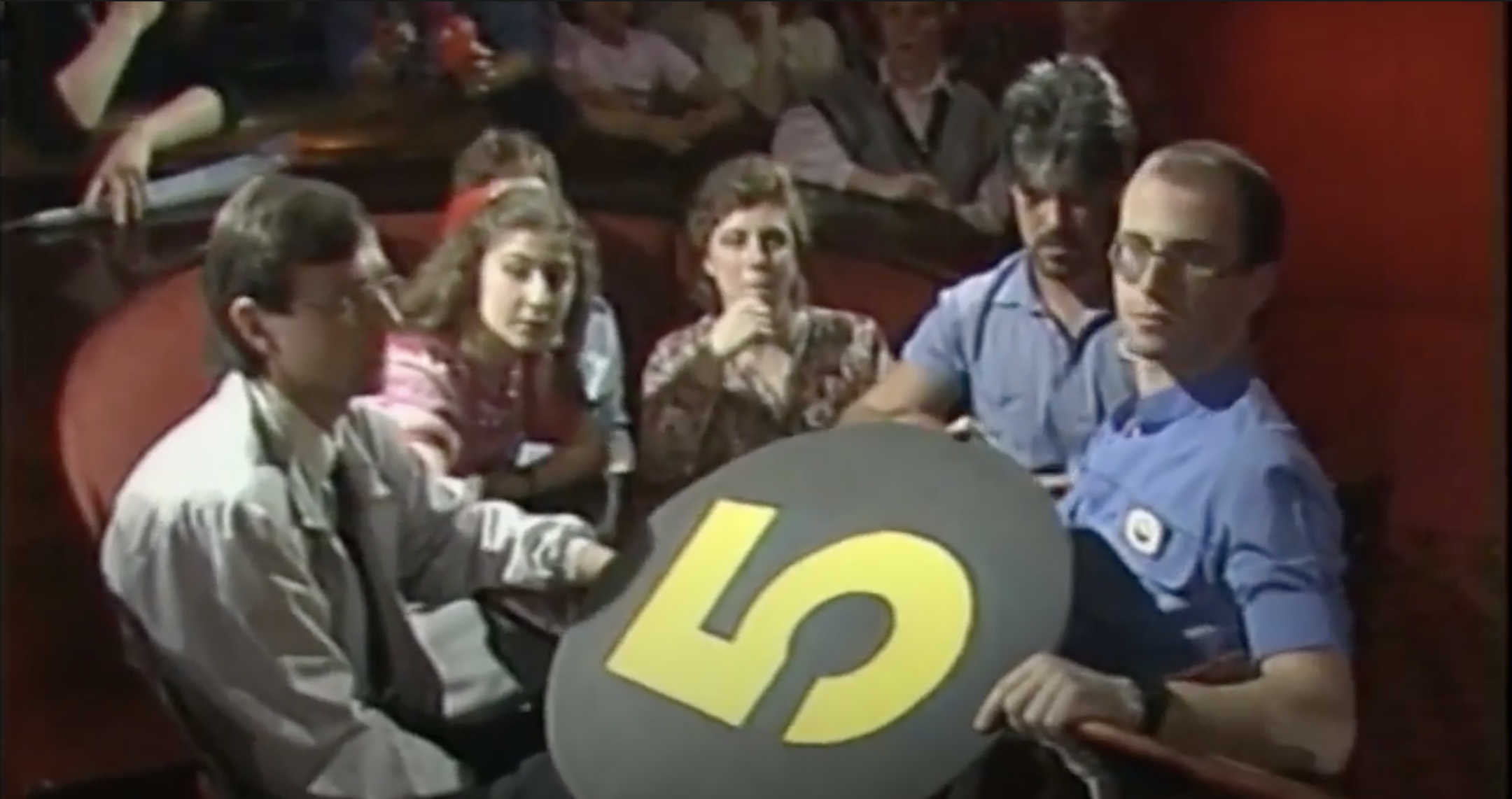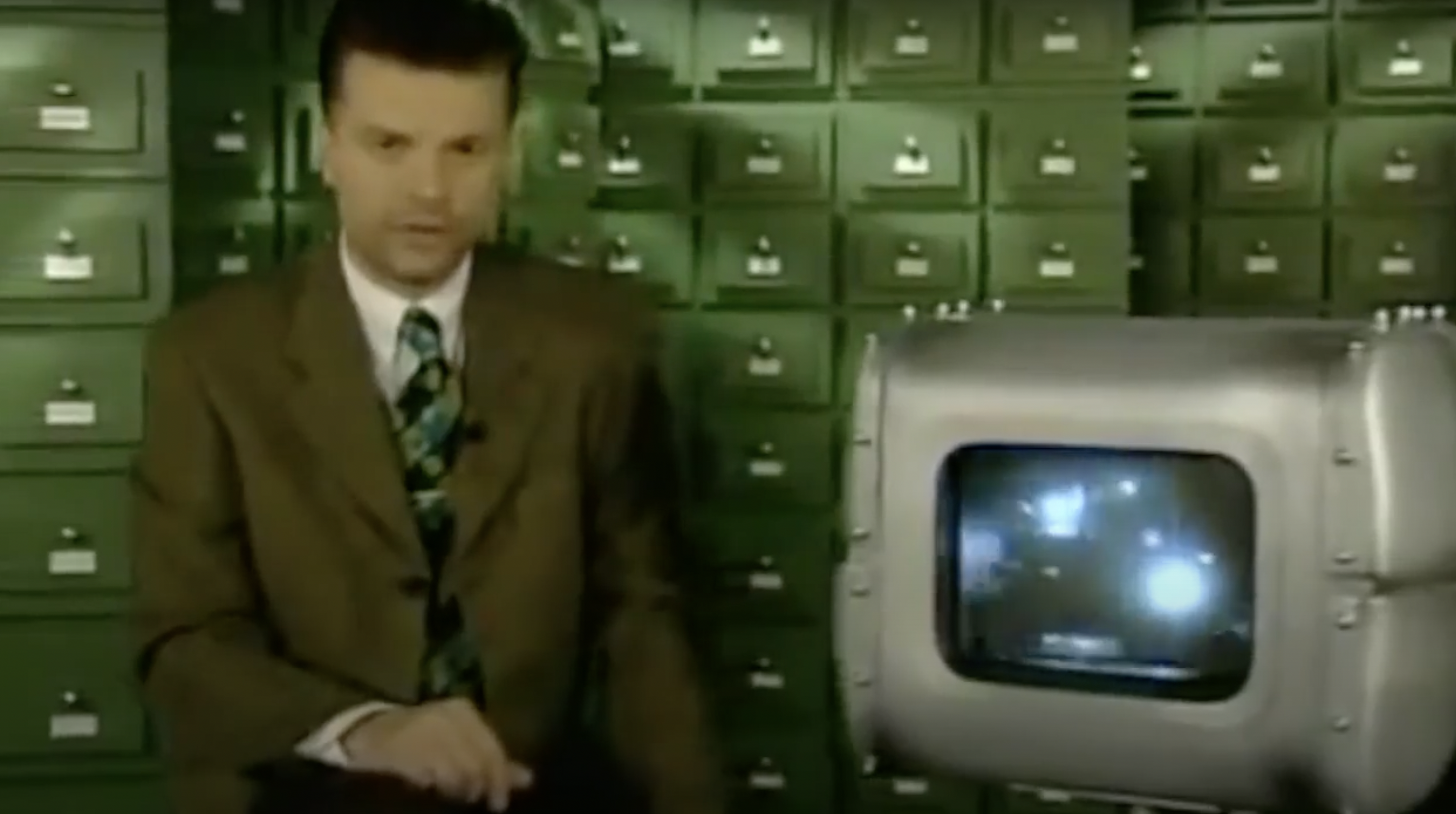Explore: person » mikhail-gorbachev
Ekho Moskvy on the 1991 Putsch
Live coverage of the GKChP putsch in August 1991 from the Echo of Moscow radio station, demonstrating the chaos of the moment, the putschists' failure to control their message, and the power of a newly independent Russian media.
A Coup d'État Holds a Press Conference
A press conference held by the State Committee on the State of Emergency (GKChP in Russian), the group of hardline government officials who attempted a coup d’état overthrowing Mikhail Gorbachev. This press conference, held on 20 August 1991, shows the coup coming apart at the seams.
The First (Home-Made) Post-Soviet Independent TV
The Saint Petersburg “New Artists” stage a meeting of the committee “anti-state of emergency” on their “Pirate Television,” declaring their support of Yeltsin against the group of communist hardliners who led the coup d’etat against Gorbachev on August 19, 1991.
Putting the “Spotlight” on an experimental three-hour line for Soviet luxury clothes
“Prozhektor perestroiki” (Perestroika's Spotlight), a glasnost-era televised investigative journalism project, seeks to uncover the causes of a three-hour line for luxury clothes at the recently opened Luxe Fashion Center, which come down to intractable issues of supply and demand in the USSR.
The Soviet technical intelligentsia learns Reaganomics on the “Chto? Gde? Kogda?” quiz show
“Chto? Gde? Kogda?” (What? Where? When?), a long-running highbrow quiz show targeted at the late Soviet technical intelligentsia, debates the economic principles underpinning Soviet private enterprise in the midst of perestroika’s economic reforms in 1988.
Parfenov’s “Namedni” as memory work in the 1990s
“Namedni” (Recently), Leonid Parfenov’s project dedicated to recent history, was one of the most successful shows of the 1990s. Eschewing big narrative arcs, the program highlighted the past as a collection of memory sites—in this case, exploring the origins of the “New Russian” in 1991.
